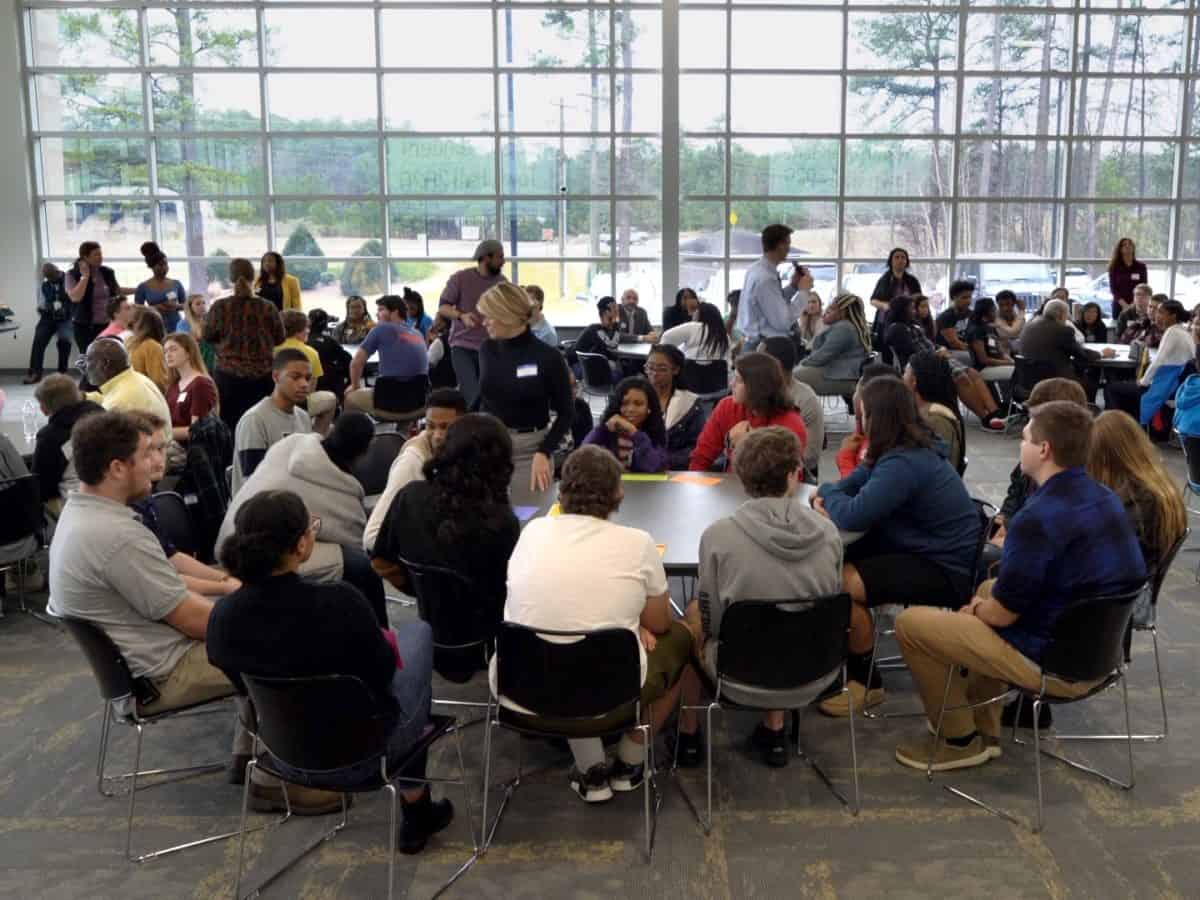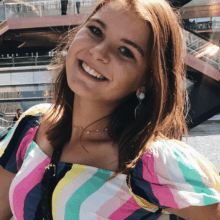

How should North Carolina improve its public school system? That’s a question that, as a sophomore who has attended public schools for the past decade, I never get asked.
Doctors talk to the sick about what ails them. Librarians talk to readers about the books they like to read. Business owners use customer feedback in their business development plans.
This theory, however, does not apply to the business of education. Nobody talks to students.
For some reason, the experts in education are the politicians instead of the students who observe the education system at work seven hours a day, five days a week.
Recently, I had the opportunity to listen and question five of the candidates who ran for North Carolina state superintendent. I don’t know if these few hours gave me more optimism or more despair concerning our public education system.
Our conversations shed light on many of the problems in many of our schools across North Carolina. I noted just how many of the challenges none of the candidates are aware of. I realized how little student input was given to those higher up in the public education system.
How can the problems be fixed if the people in charge are oblivious to what the problems are?
I believe the time we had to enlighten the candidates of the very real problems occurring in our schools made an impact. Student opinions are critical when it comes to improving our education system and should not be ignored.
A very important goal we discussed at the forum was equalizing access to educational opportunity throughout North Carolina — access to teachers who have a master’s or doctorate degree, access to community resources and connections, access to higher levels of funding, access to school clubs, academic improvement programs, and college readiness courses.
Students with access obtain acceptance into top colleges, receive many scholarships, and secure higher-income jobs. I bet their schools come out on top of the state’s accountability scale with A’s and B’s.
And, of course, then there are the small, lower performing, high-poverty schools. Schools without access.
My school.
We see our students rejected from top colleges, receive little to no scholarship money, and get offered low-income jobs. These schools come out on the bottom of the accountability scale with C’s, D’s, and F’s.
Teachers coming out of colleges need more incentives to come to low-performing high schools. Scholarships need to be funded to allow these teachers in rural areas to obtain their master’s and doctorate degrees in education. We need to be taught by people who are truly inclined to help us obtain our higher educational goals.
Community members and business owners need to be informed of all of the ways they can assist their public schools. Whether it be funding, volunteering, or simply conversing with students about qualities they need in order to be successful, everyone needs to be a stakeholder in their public school system. In order to make after school activities and resume builders possible, we must have support coming from the community.
Here is a very specific policy recommendation for education leaders. We have students wasting semesters on enhancement classes that do not prepare them for college or in fact anything at all. Classes such as music appreciation, career management, and marketing need to be removed. From personal experience, in these classes, we do not learn any information that will help us later in life.
I also had a substitute the whole year or just no teacher at all in the majority of these classes. I believe we should replace these enhancements with major-based electives. This could assist students in deciding their major before entering college, giving them a head start and saving time and money. Students would then be able to get a taste of what different occupations and majors are like.
There are hundreds of different ideas to improve our education system. Improving our school systems will not be a one-step process, but we need leaders in place who know what students need and want in order to be successful.
If public education is for the students, why should students not be a part of changing and improving it?
Ask us the questions. We’ve got the answers.
If we are not involved in the narrative about public education, then the narrative will never change.


